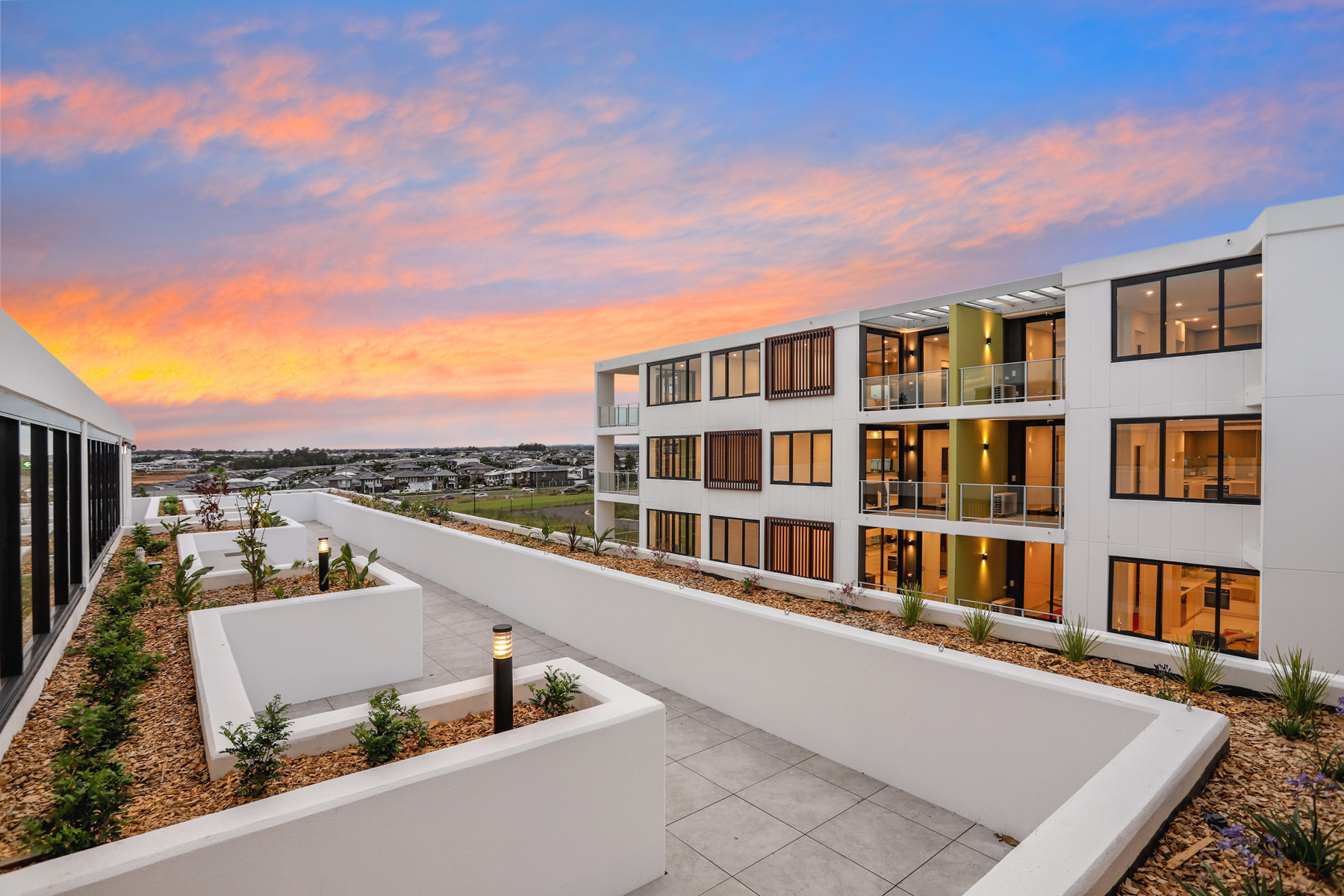Soaring Travel Costs Are Weighing on Even the Wealthiest Vacationers, WSJ Study Shows
Wealthy individuals remain just as interested in travelling as they were last year, but costs have become a larger factor in their plans, according to a Global Travel Study conducted by WSJ Intelligence between June 27-July 19.
Of the 879 Wall Street Journal readers surveyed—who had an average age of 56, were 79% male, and had an average net worth of about US$3.5 million—94% intend to travel for leisure in the next 12 months, down just 1% from 2023. Additionally, 64% plan to travel internationally, up from last year’s 60%.
Travellers are most concerned about costs amid ongoing inflation and other economic challenges, even as 80% of respondents say they plan to increase or maintain their travel spend compared to last year.
The cost of flights and hotels is the top factor of importance for WSJ readers, with 78% concerned about prices, a nine-point increase from 2023.
“Travel is still on the up—our readers are still really enthusiastic,” says Carolyn Romano, associate director of Luxury Lifestyle Intelligence at The Wall Street Journal. “But at the same time, it’s yet another year of market volatility and inflation, so I just think they’re being a little bit more thoughtful about the way that they’re traveling.”
Availability of flights and hotels is the second-biggest issue for travellers, with 76% of readers responding that it is a factor of importance for them.
Notably, as factors of importance, both loyalty programs and discounts and deals are up 10 percentage points year over year. Romano says this increase is “pretty significant.”
“Our reader approaches every purchase as an investment of some sort, and even our reader is still taking all of these factors into consideration,” she says.
Despite rising costs, the post-Covid enthusiasm for travel remains, with 70% of respondents traveling more than they have in the past. Over the next 12 months, WSJ readers’ average anticipated spend on leisure travel is US$18,305, up from last year’s US$18,250.
As for destinations, 86% of respondents are considering traveling to Europe, down just 1% from last year. Italy is the top European country of choice—superseding the U.K.—seeing a 9% annual increase in interest.
Though most destinations, both international and domestic, included in the survey saw similar interest as last year, traveling to Asia is up 10 points from 2023, with 40% of respondents considering booking a trip to the continent. Japan ranks the highest, with 61% of respondents considering traveling there, up 6% from last year.
When making travel plans, 72% of WSJ readers say they go to family and friends for recommendations. Only 13% report consulting a travel agent, though people taking cruises are much more likely to use a travel agent.
 Copyright 2020, Dow Jones & Company, Inc. All Rights Reserved Worldwide. LEARN MORE
Copyright 2020, Dow Jones & Company, Inc. All Rights Reserved Worldwide. LEARN MORE
A divide has opened in the tech job market between those with artificial-intelligence skills and everyone else.
A 30-metre masterpiece unveiled in Monaco brings Lamborghini’s supercar drama to the high seas, powered by 7,600 horsepower and unmistakable Italian design.
A 30-metre masterpiece unveiled in Monaco brings Lamborghini’s supercar drama to the high seas, powered by 7,600 horsepower and unmistakable Italian design.
When Lamborghini takes to the water, subtlety isn’t on the agenda. Unveiled at the Monaco Yacht Show, the Tecnomar for Lamborghini 101FT is a 30-metre superyacht that fuses Italian automotive theatre with cutting-edge naval engineering.
The model builds on the collaboration that began in 2020 with the Tecnomar for Lamborghini 63, a sell-out success that celebrated the marque’s founding year.
This new flagship pushes the partnership between Automobili Lamborghini and The Italian Sea Group to a grander scale, designed to deliver the same adrenaline rush at sea that drivers expect behind the wheel.
“The Tecnomar for Lamborghini 101FT redefines the concept of nautical luxury,” said Stephan Winkelmann, Chairman and CEO of Automobili Lamborghini.
“It is not only a yacht, but an affirmation of Italian excellence. The Italian Sea Group and Automobili Lamborghini share an exclusive clientele who are passionate about beauty, technology, and extreme performance.”
Design cues are unmistakably Lamborghini. The yacht’s sharp exterior lines echo the Fenomeno supercar revealed at Monterey Car Week, complete with Giallo Crius launch livery and signature Y-shaped lighting.
Inside, the cockpit and lounges mirror the DNA of Sant’Agata supercars through hexagonal motifs, sculptural seating and dramatic contrasts. With accommodation for up to nine guests and three crew cabins, indulgence meets practicality on every deck.
Performance is equally uncompromising. Three MTU 16V 2000 M96L engines and triple surface propellers generate a combined 7,600 horsepower, driving the yacht to 45 knots at full throttle, with a cruising speed of 35 knots. Two 35 kW generators provide additional efficiency and reliability, ensuring the yacht’s power matches its presence.
Mitja Borkert, Lamborghini’s Design Director, said: “With the Tecnomar for Lamborghini 101FT, we aimed to create a product that embodies the main design characteristics of our super sports cars. All the details, from the exterior to the colour, to the interior areas, recall and are inspired by Lamborghini’s DNA.”
Presented in scale at Monaco, the definitive Tecnomar for Lamborghini 101FT is scheduled to hit the water at the end of 2027. For those who demand their indulgence measured not only in metres but in knots, this is Lamborghini’s most extravagant expression yet.
ABC Bullion has launched a pioneering investment product that allows Australians to draw regular cashflow from their precious metal holdings.
Ophora Tallawong has launched its final release of quality apartments priced under $700,000.





























